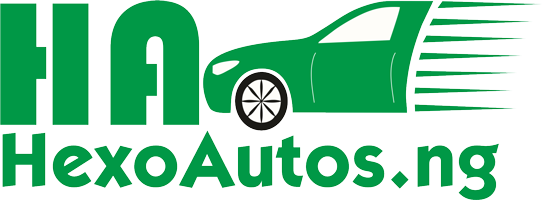The wheel hub is a crucial component of any vehicle, playing a central role in ensuring safe and smooth driving. It connects the wheel to the vehicle and allows for rotation while supporting the weight of the car. Despite its importance, many drivers overlook this component until it fails. When a wheel hub goes bad, it can lead to severe handling problems, unusual noises, and even dangerous accidents.
To help you avoid these issues, here are seven common causes of wheel hub failure every driver should be aware of.
1. Poor Road Conditions
Driving frequently on a rough or unpaved roads increases the stress on your wheel hub assemblies. Potholes, debris, and uneven surfaces generate excessive impact and vibrations, gradually damaging the internal bearings and seals. Over time, these constant shocks lead to premature damage or failure.
Tip: Always slow down when navigating poor roads and avoid potholes whenever possible.
2. Overloading the Vehicle
Your wheel hub is designed to handle a specific weight. When you exceed the recommended load—whether by hauling heavy cargo or towing beyond capacity—you put excessive pressure on the hub bearings. This overload accelerates wear and can cause the bearings to seize or the hub to deform.
Tip: Check your vehicle’s load capacity and avoid exceeding it, especially during long trips.
Read also:
- Car Buying Guide for Nigerians: Make the Right Choice Easily
- Buying a Used Car in Abuja: Your Ultimate Dealer Guide
- 2025 Toyota Camry: Stunning Features & Pricing in Nigeria
3. Improper Installation
A poorly installed wheel hub can fail much sooner than expected. Incorrect torque application during installation, misaligned components, or failure to use proper tools can compromise the hub’s performance. Even a small mistake can throw off the hub’s balance, leading to accelerated wear.
Tip: Always have wheel hubs installed by a qualified mechanic using the correct specifications.
4. Corrosion and Rust
Exposure to water, road salt, and moisture causes corrosion over time. Rust compromises the integrity of the wheel hub, particularly the seals and bearings. When moisture gets inside the assembly, it leads to lubricant contamination and metal-on-metal grinding, which eventually causes failure.
Tip: Wash your vehicle regularly, especially during winter or after off-road trips, to remove salt and grime.
5. Worn-Out Bearings
Bearings inside the wheel hub are responsible for smooth wheel rotation. Over time, these bearings can wear out due to age, contamination, or lack of lubrication. Worn bearings create grinding noises, vibrations, and wheel play, all of which signals impending failure.
Tip: Pay attention to strange noises or vibration while driving—they’re often early warning signs.
6. Brake System Issues
Faulty brake calipers or warped rotors can increase heat in the wheel hub area. Excessive heat breaks down bearing lubrication and warps the hub’s structure. Additionally, dragging brakes put continuous stress on the hub assembly, reducing its lifespan.
Tip: Maintain your brake system regularly and replace worn-out components promptly.
7. Neglected Maintenance
Routine inspections can catch early signs, but many drivers skip this step. Neglecting basic maintenance allows minor problems to worsen over time, eventually leading to full failure. A damaged hub not only affects drivability but can also cause wheel detachment in extreme cases.
Tip: Include wheel hub checks in your vehicle’s regular maintenance schedule, especially after hitting a pothole or noticing unusual noises.
Final Thoughts
A failed wheel hub is more than an inconvenience, it’s a serious safety risk. By understanding of the common causes of hub failure, you can take proactive steps to maintain your vehicle and avoid costly repairs or dangerous breakdowns.
Always listen to your vehicle, inspect the wheel hub components during maintenance, and consult a professional mechanic if you suspect anything unusual. Keeping your wheel hubs in top shape is not just smart, it’s essential for your safety on the road.
